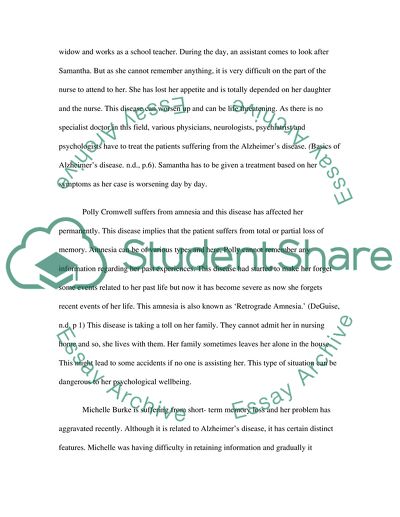Cite this document
(Theory and Practice of Counseling and Psychotherapy Case Study, n.d.)
Theory and Practice of Counseling and Psychotherapy Case Study. Retrieved from https://studentshare.org/psychology/1729343-psychodrama
Theory and Practice of Counseling and Psychotherapy Case Study. Retrieved from https://studentshare.org/psychology/1729343-psychodrama
(Theory and Practice of Counseling and Psychotherapy Case Study)
Theory and Practice of Counseling and Psychotherapy Case Study. https://studentshare.org/psychology/1729343-psychodrama.
Theory and Practice of Counseling and Psychotherapy Case Study. https://studentshare.org/psychology/1729343-psychodrama.
“Theory and Practice of Counseling and Psychotherapy Case Study”, n.d. https://studentshare.org/psychology/1729343-psychodrama.


